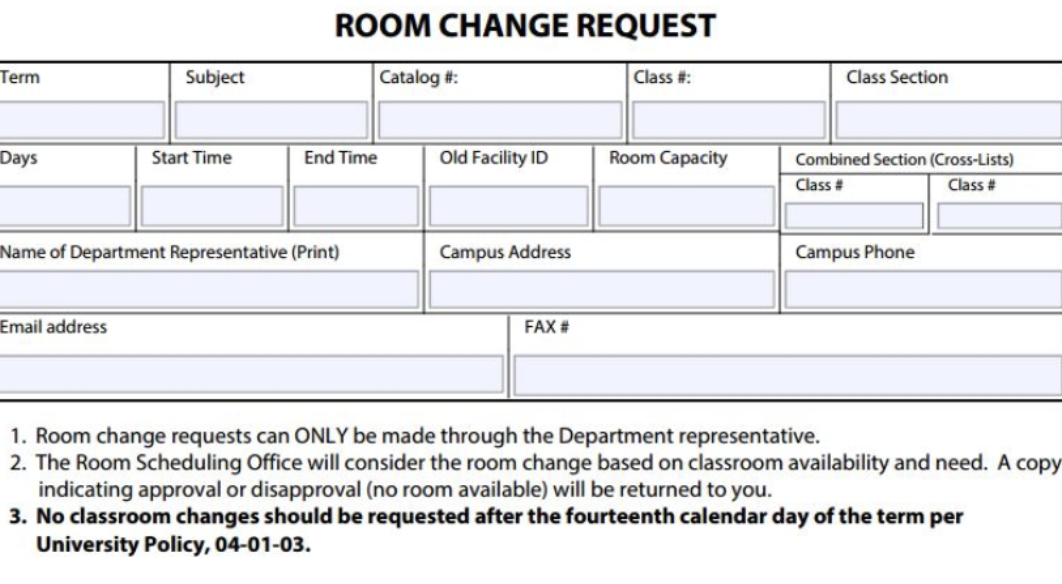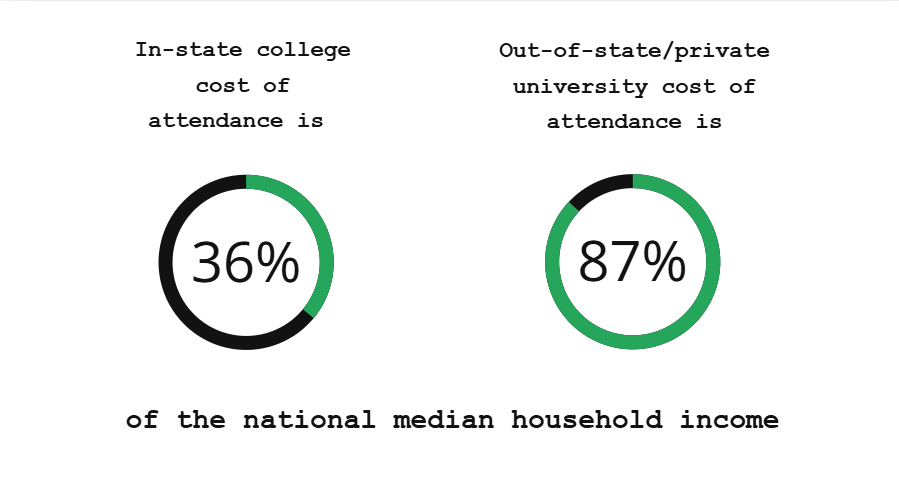Nowadays, the obsession around college and getting into “elite” universities is greater than it ever has been before. Students take more challenging courses that provide weighted Grade Point Average (GPA) bumps at each letter grade. With the increase in students taking these honors and Advanced Placement (AP) courses, some students leave out on-level classes entirely or take a very limited amount of on-level classes. So why does this matter?
Taking all honors and AP courses increases your stress levels in high school as well as makes the high school experience even more academically intense than it already is. The mentality around taking all AP or honors classes leads students to have an increased workload, lots of additional studying and more effort needed to be put in in order to be successful in these challenging classes. The stigma around taking on-level classes leads to unbalanced schedules that are difficult to maintain success with, since on-level classes often offer a calmer pace than what you would see in an AP class.
The stigma around on-level classes among students will likely just continue to grow with time, which is a shame. In addition, the weighted aspect of honors and AP classes leads many students to skip out on on-level classes altogether, potentially missing some really interesting or important classes that they may have taken otherwise. This results in many students taking classes that they may not even be interested in just because of their weight.
It leads to students missing out on great classes, many of which contain very helpful real world information or offer a look at a unique subject, not covered by the main weighted classes. Students leave behind classes that are on-level that they may have enjoyed or might have intrigued them. A perfect example of one of these classes are the specialized history and art courses offered at WJ. On-level classes offer an opportunity to try new things at school.
With the college admissions process as competitive as it is for highly selective schools, the amount of students wanting to take on-level classes continues to decrease because students feel pressure to load their schedules with as many difficult classes as possible to try and look better for admissions. This just leads to students with unbalanced and unhealthy schedules without on-level classes that offer a change of pace from the high-stress AP environments.
Additionally, students should know that they can have a healthier work-life balance through taking on level classes and still get into college. According to the National Association for College Admission Counseling, in fall 2022 four-year not-for-profit colleges accepted 73 percent of applications from first-year students on average. This shows that colleges as a whole are accepting students at a relatively high rate, so students will likely be able to find a college that’s a good fit for them regardless of the on-level classes they take.
For a more balanced approach to high school students should think about taking courses in areas they’re interested in, regardless of whether or not they are on-level classes, instead of worrying about the weighting of the class.















